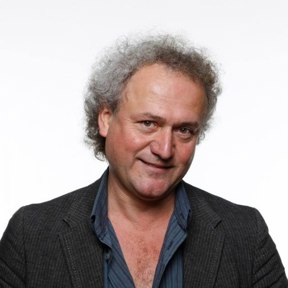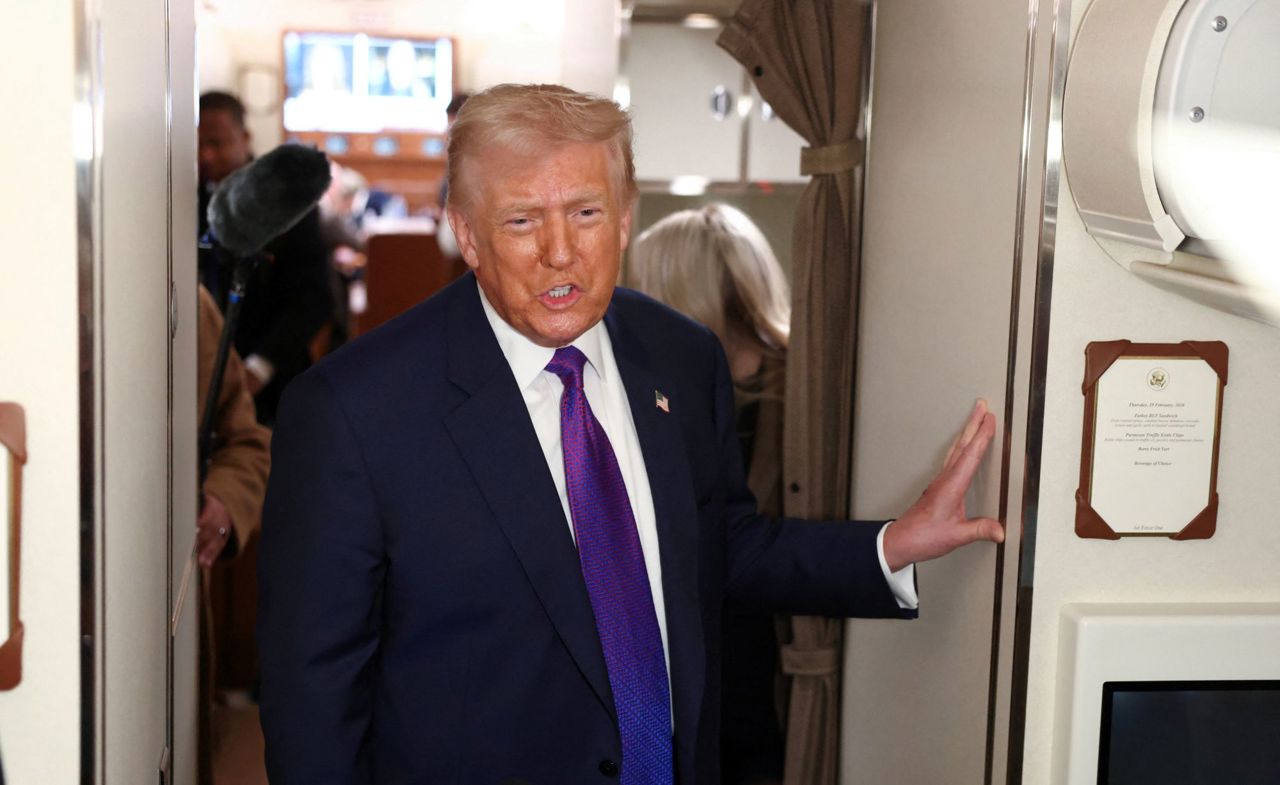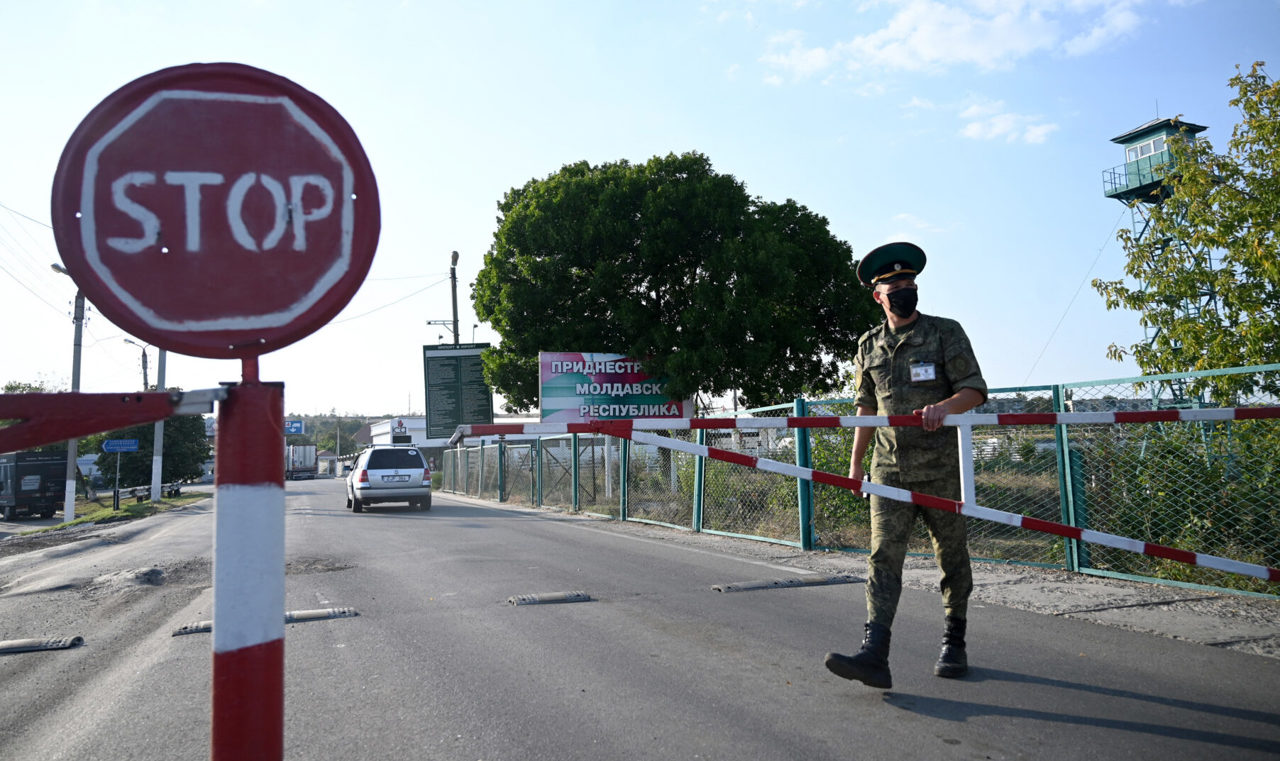EU-Moldova Summit in Chișinău: A historic geopolitical shift
As a historic first, the European Union is set to host a summit with the Republic of Moldova in Chișinău on July 4.
This initiative signals much deeper political ties and a complete shift in the continent's geopolitical landscape. The first summit will primarily be a formality, with the final declaration, already broadly outlined, stipulating that such meetings will become a regular feature of EU-Moldova relations.
The draft of the final summit document, which will be held on July 4 in Chișinău, is vague regarding the speed of the country's EU accession process. It also urges Moldova to take more measures in combating corruption, yet, curiously enough, it omits any mention of potential sanctions.
Typically, the EU only holds summits with larger countries, such as Brazil, China, Japan, or the United States. Since 1997, it has held annual summits with Ukraine, and in 2018, it held one with Turkey.
In contrast, other EU candidate countries – such as Albania, Bosnia and Herzegovina, Kosovo, Montenegro, North Macedonia, and Serbia – are not yet offered individual summits with Brussels; they must settle for annual collective EU-Western Balkans summits.
The biggest "prize" Brussels aims to offer Moldova is the long-awaited start of EU accession negotiations. The draft declaration text mentions that Brussels looks forward to "the next steps in Moldova's accession process, opening negotiation packages as soon as possible."
This indicates that some EU member states—which must decide unanimously on opening and closing all accession-related dossiers—question the European Commission's objective of opening negotiations on all 33 policy chapters by the end of this year.
Rumors are circulating in Brussels diplomatic circles about an imminent "decoupling" of Moldova and Ukraine.
Both countries have, until now, “marched” together toward EU accession, both obtaining candidate status in June 2022, for example.
However, given that Hungary is currently blocking Kyiv's accession path, there have been suggestions that Moldova could be allowed to advance independently.
While the draft declaration is generally appreciative of Chișinău, it nonetheless contains some thinly veiled criticisms regarding certain key aspects.
Brussels still has concerns about corruption, and the text notes that, "in light of the upcoming elections, we also emphasize the need to further strengthen the anti-corruption framework to maintain transparency, accountability, and the integrity of the electoral process."
Another line in the declaration highlights that only "some progress" has been made in areas such as judicial independence, increased transparency, and modernization of court administration.
While summit communiqués rarely offer exciting language of any kind, the current draft is stinging toward Russia, condemning Moscow for "persistent hybrid threats" aimed at undermining "Moldova's democratic elections, including information manipulation and interference, and the large-scale use of electoral corruption through local intermediaries."
There have also been increasing discussions, both in Chișinău and Brussels, about applying a "Cypriot model" in the Republic of Moldova. When Cyprus joined the EU in 2004, the entire island was theoretically admitted, even though EU laws only apply in the south, which is controlled by the internationally recognized government. The northern part, administered by a Turkish-backed separatist authority, remains outside EU legislation—a direct allusion to the Transnistrian region.
The draft declaration leaves this possibility open for Chișinău, stating that "the EU will continue to support Moldova's reintegration efforts and ensure that the European path remains open and inclusive for all its citizens."
Interestingly, there is no mention of new sanctions against individuals with close ties to Russia.
Since 2023, the EU has imposed asset freezes and visa bans on 16 Moldovan citizens. This list includes oligarchs Ilan Șor and Vladimir Plahotniuc, whom the bloc believes have undermined the territorial integrity of the Eastern European country.
Translation by Iurie Tataru




